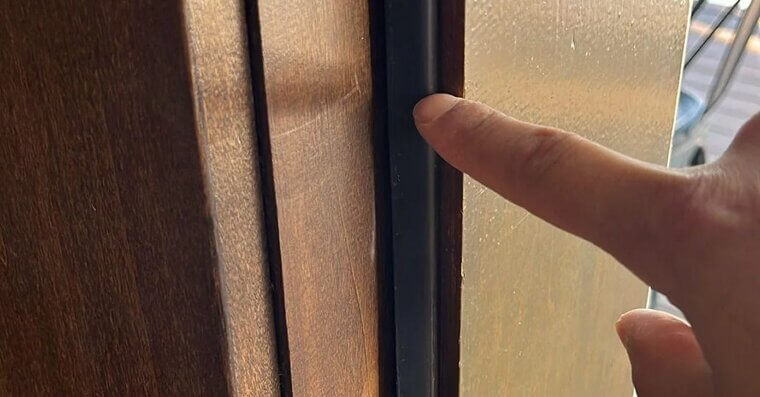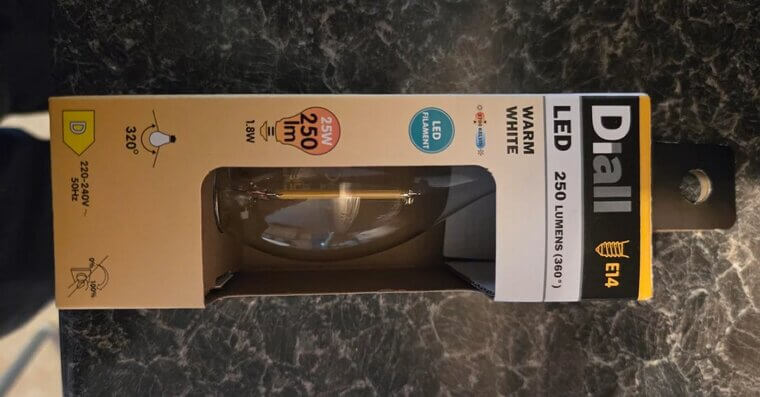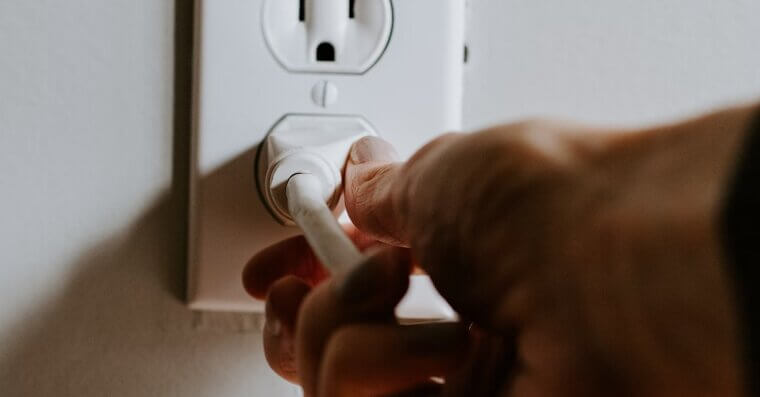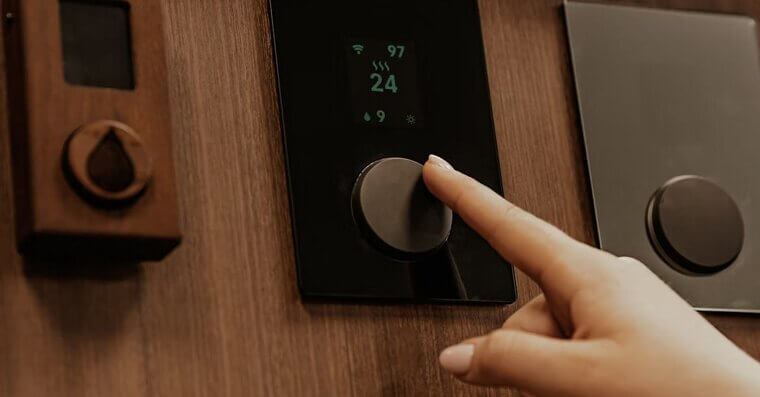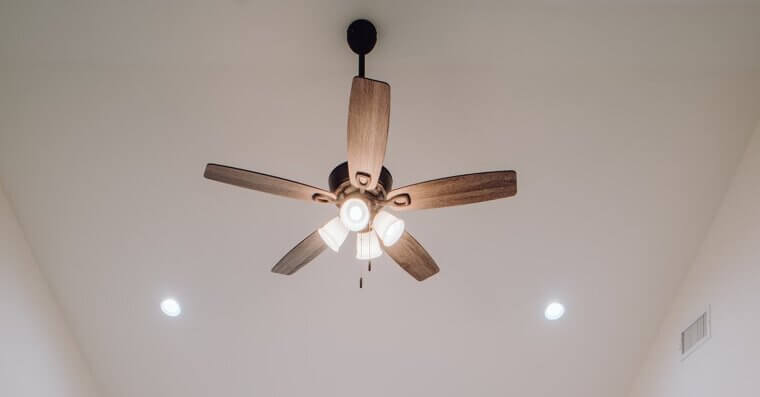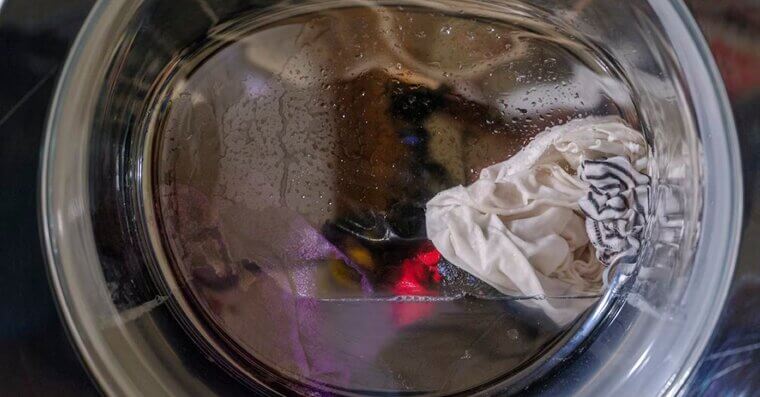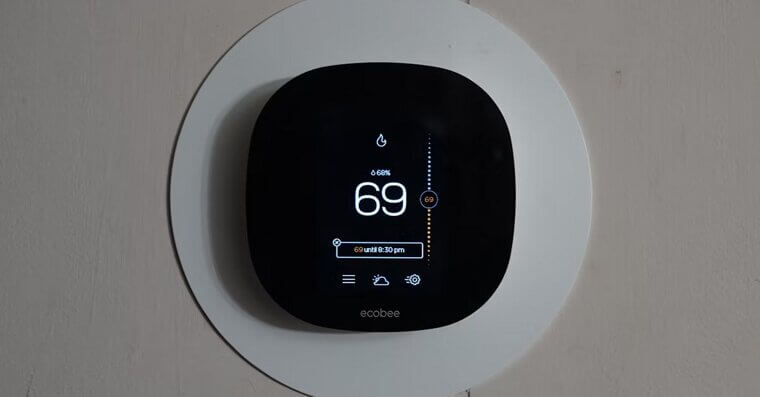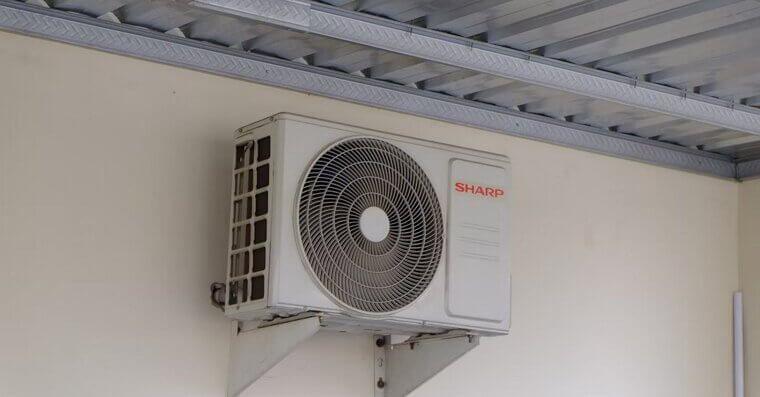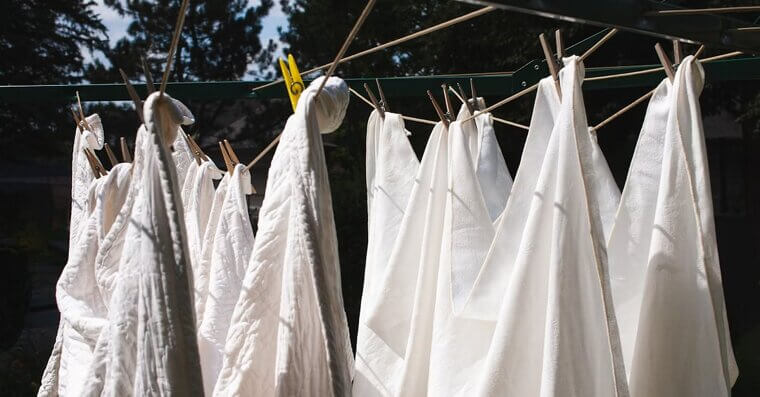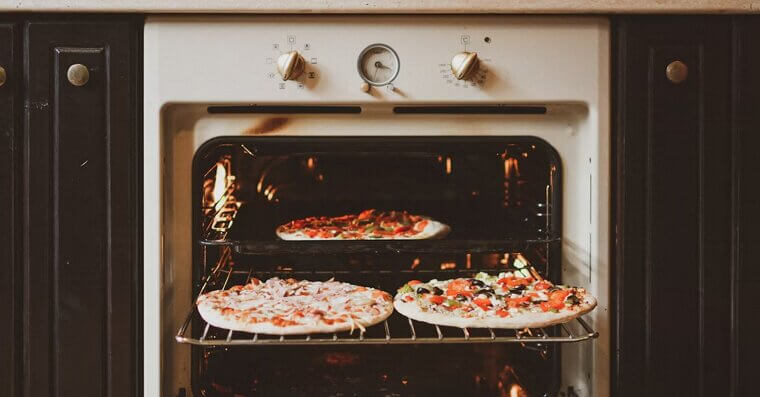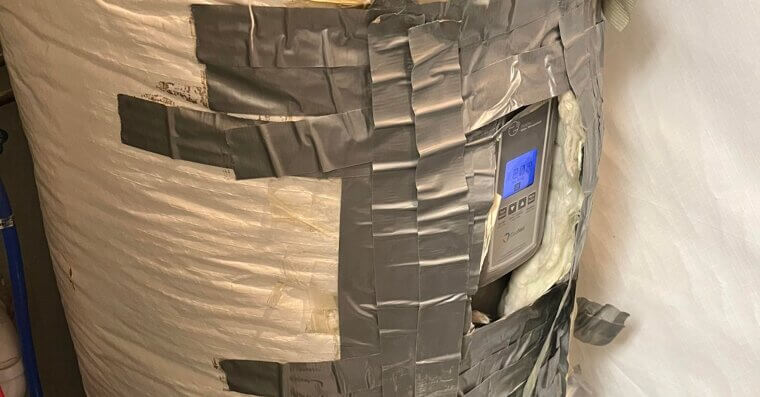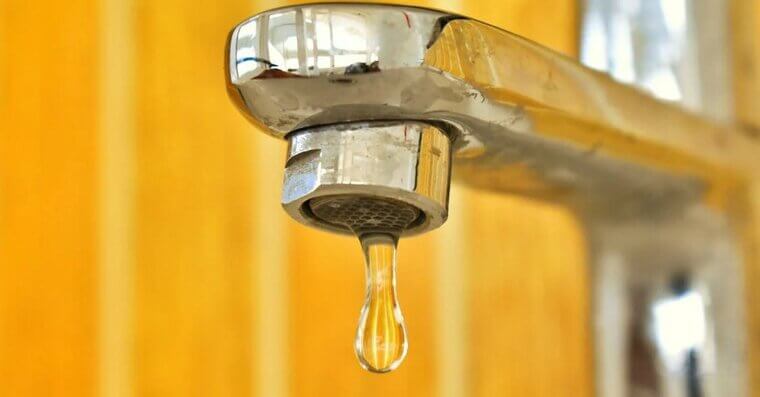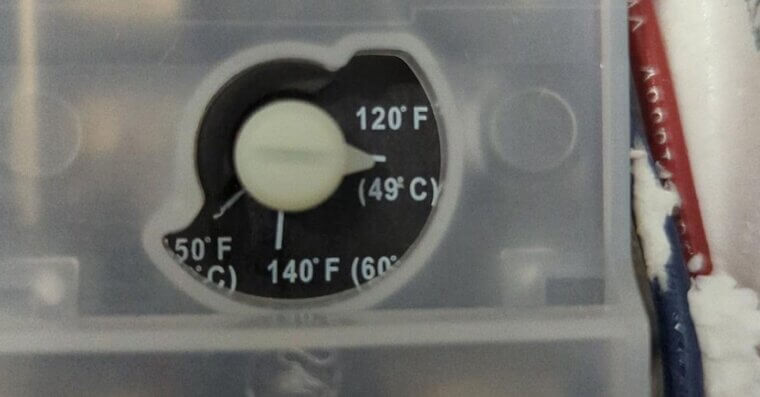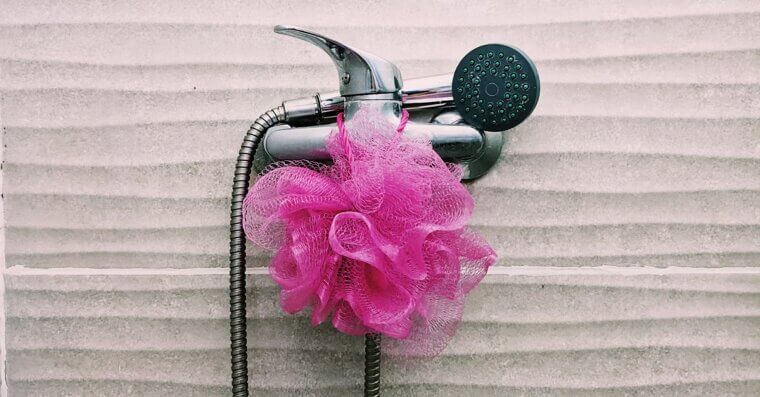Help Your Home
Times are tight for a lot of people right now, so we don’t blame you for looking for new ways to lower your utility costs. But have you really considered everything? There are some ways of reducing those bills that you might not have heard of. Just follow this simple checklist, and you soon might see a reduction.
Seal Drafts Around Windows and Doors
A lot of energy (and money) literally slips through the cracks in your home. Check around your windows and doors for drafts, then use inexpensive weatherstripping or caulk to seal them up. It’s one of the cheapest fixes you can do, and it makes a noticeable difference in keeping your home warm in winter and cool in summer.
Switch to LED Bulbs
If you’re still using old-school incandescent bulbs, you’re basically burning money. LEDs use about 75% less energy and last way longer, so you won’t be buying replacements every few months. Plus, they’re a lot better for the environment, so you get to feel good about yourself!
Unplug Energy Vampires
Your electronics suck power even when they’re “off,” so they’re nicknamed “energy vampires”. Chargers, gaming consoles, and smart devices quietly eat up electricity all day. The fix? Unplug them or use a power strip you can switch off. It’s a tiny habit change that really adds up over a year.
Adjust Your Thermostat
When your dad yelled at you to not touch the thermostat, he was in the wrong. You should touch it! To save money, all you gotta do is tweak your thermostat a few degrees. Lower it in the winter, raise it in the summer. Even a two-degree adjustment can shave dollars off your bill.
Use Ceiling Fans the Right Way
Here’s a little-known hack - you can use ceiling fans year-round to cut utility costs. In winter, flip the switch so the blades spin clockwise and push warm air down. This helps your heating system work less, which means more savings for you.
Wash Clothes in Cold Water
Most of the energy used in laundry goes to heating the water. Switch to cold water washes and you’ll slash your costs instantly. Modern detergents are made to work just as well in cold cycles, so your clothes come out just as clean. It’s also easier on fabrics! More people should do this one.
Install a Smart Thermostat
A smart thermostat learns your routine and adjusts temperatures automatically, so you’re not heating or cooling an empty house. You can also control it from your phone, which is handy if you forget to adjust before leaving. The upfront cost pays for itself quickly with the energy savings.
Use Curtains to Control Temperature
Curtains aren’t just for privacy - they’re energy-savers too. In winter, keep them open during the day to let in sunlight and close them at night to trap heat. In summer, do the opposite: close them during the day to block out the hot sun. Course, that means you can’t see the outside world, but you stay cooler.
Service Your HVAC System
Your heating and cooling system works harder (and costs you more) if it’s dirty or clogged. Change the filters every few months and schedule a yearly tune-up with a professional. It might feel like an extra expense, but clean, efficient equipment lowers your utility bills over time.
Air-Dry Laundry When You Can
Your dryer is one of the biggest energy hogs in the house. On nice days, hang your clothes outside or use a drying rack indoors. Even if you only air-dry half your loads, you’ll notice a drop in energy costs. Plus, your clothes smell fresher and last longer without all that dryer heat.
Shorten Your Showers
Hot showers feel great, but every extra minute uses gallons of heated water - and that’s money quite literally down the drain. Cutting just two minutes per shower can save big on water and heating costs. Set yourself a timer!
Run Appliances at Off-Peak Times
Here’s something surprisingly few people know about - some utility companies charge more for energy during “peak” hours. Check your provider’s rate schedule: you might save money by running your dishwasher or doing laundry at night or early morning.
Cook Smarter in the Kitchen
Your oven heats up the whole kitchen, which makes your AC work harder in summer. Use smaller appliances like the air fryer, microwave, or slow cooker when you can. They use way less energy and don’t heat up the house as much.
Insulate Your Water Heater
If your water heater feels warm to the touch, it’s losing heat. Wrap it in an insulating blanket (they’re cheap and easy to find at hardware stores). This helps your water stay hot longer, so the heater doesn’t kick on as often.
Fix Leaky Faucets
That drip-drip-drip isn’t just annoying - it’s costing you money. Even a slow leak can waste hundreds of gallons of water a year, which adds up on your water bill. Most faucet leaks are an easy DIY fix with a washer or cartridge replacement, but if you’re not sure, call a professional plumber.
Upgrade to Energy-Efficient Appliances
Old appliances are sneaky energy hogs. If your fridge, washer, or dishwasher is more than 10–15 years old, replacing it with an Energy Star model could cut your utility bills significantly. Yes, it’ll cost some money, but the monthly savings on energy and water really do add up.
Lower the Water Heater Temperature
Most water heaters are set to 140°F by default, which is hotter than you really need. Drop it to 120°F - you’ll still have plenty of hot water for showers and dishes, but you’ll save energy every single day. Plus, it lowers the risk of scalding accidents.
Use Rugs on Bare Floors
Hard floors can make a room feel colder, especially in winter. Throwing down a few area rugs helps insulate your space, keeping heat in and your feet warmer. That means you won’t need to turn up the thermostat as much.
Switch to Low-Flow Fixtures
Low-flow faucets and showerheads don’t mean low pressure anymore. Modern versions give you a strong stream while using way less water. That means your water bill drops, and your water heater doesn’t have to work as hard either.
Do an Energy Audit
Many utility companies offer free or cheap home energy audits. A pro will walk through your home and point out exactly where you’re losing energy and money. Then, they’ll suggest ways to fix them. Why not take advantage of this service?


